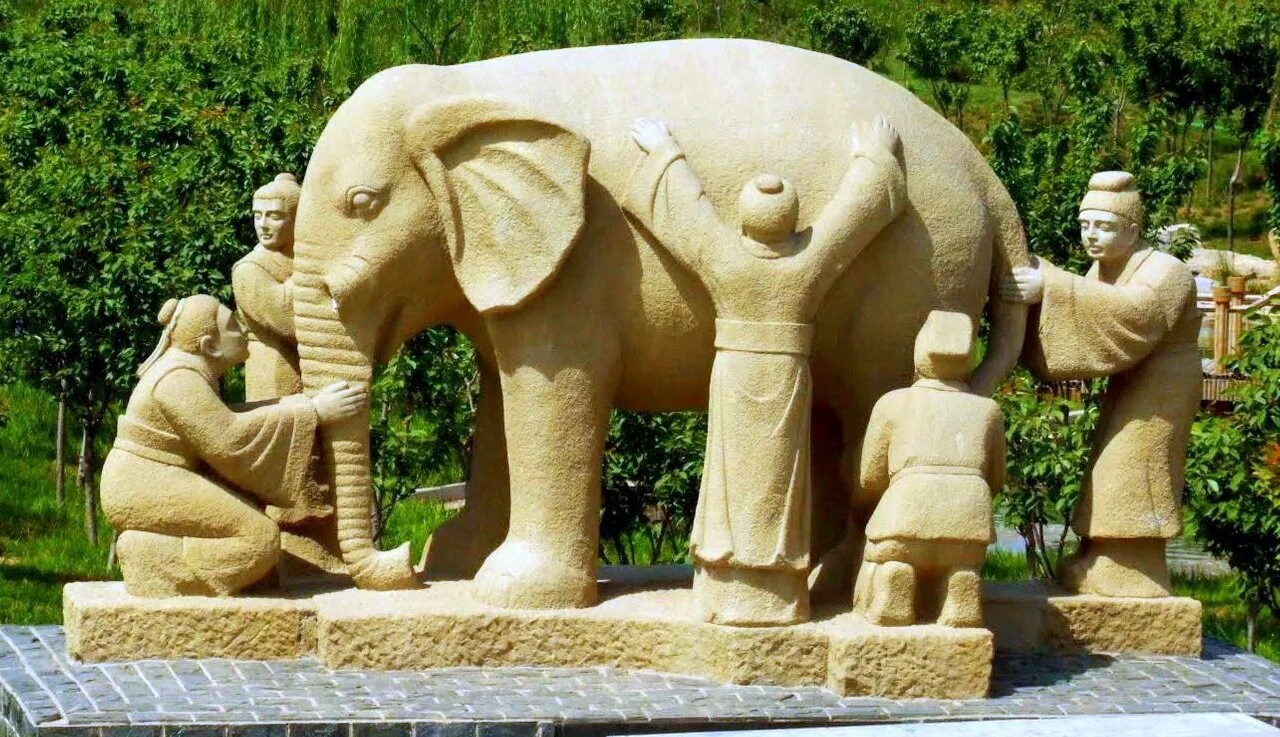An outsider’s view of elite and professional sport tends to assume that these environment are constantly engaged in ‘pushing the envelope’ in the relentless pursuit of better. The situation in reality tends to be quite different. Conventions and the pressure to conform to what others are doing have a powerful pull. Paradoxically the resistance to exploration and barriers to innovation are often more pronounced the highest level. Especially within professional sport those involved are acutely aware that their position is highly prized and job security at a premium. These conditions are naturally not conducive to taking risks or moving beyond the tried and tested. All of this helps to explain the abundant examples demonstrating that opportunities remain to gain significant competitive advantages and even some easy wins
Beyond the Bubble: The Utility of a Neutral Third Party
One of the problems with our natural preference for those who think as we do is the tendency to find ourselves in an echo chamber. Leaders can of course combat this by recruiting for cognitive diversity, but even within a diverse group our thinking inevitably tends to become socialised as a natural consequence of spending time in the company of the same group of people. Our colleagues will also to some degree share the same biases and are subject to the conventions that are inherent to the sport. Professional sport in particular is a bubble - at present quite literally, but even under usual circumstances. It follows that it is important that we escape the bubble periodically. A related countermeasure is to strategically enlist a neutral third party to break up the usual routine and expose team members to perspectives from outside the bubble at regular intervals. Engaging with an outsider can serve a performance staff in a number of different ways as we will explore.
Triangulating a Position
As the value of cognitive diversity becomes more recognised, what is striking is how slow we have been to realise the need to revise our habitual ways of consuming information and interacting with those who hold contrary views. Whilst pioneers who think different are celebrated in modern western culture, in reality we are far less amenable to entertaining disagreement and diverging ideas. In the professional and academic realm we are quick to follow an authority and align with a school of thought. The hordes are likewise quick to leap into the breach to defend the doctrine against perceived challenge or dissenting views. If anything debates in all circles are increasingly polarised, as the assembled masses flock to either one side or the other. We might appreciate cognitive diversity on a conceptual level, but on a practical level we are clearly not there yet. So what steps can we take to enjoy the benefits of cognitive diversity and open our minds to the possibilities as we form our opinions?







